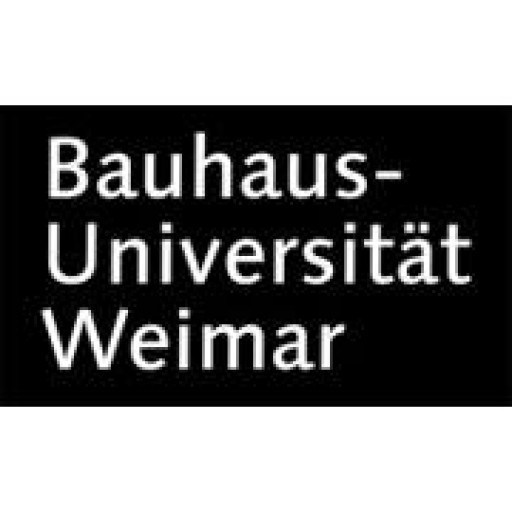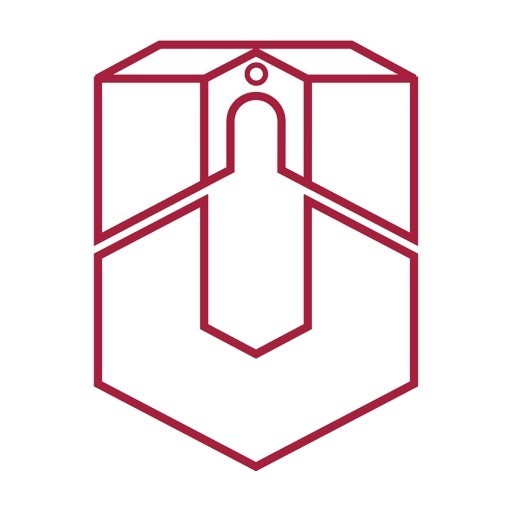Photos of university / #kieluni
The programme combines two essential elements. It will bring "thinkers" and "problem-solvers" together. It will enable students to analyse global issues and empower them to take action in order to create sustainable solutions.
The programme will help students to analyse and understand change processes at the global as well as the local level. It focuses on understanding concepts of sustainable development, combining analytical concepts of the social sciences and the environmental sciences. It will look at issues such as urbanisation, migration, globalisation and regional development, inequality and access to resources, the development of renewable energy systems and the impacts of climate change, particularly in coastal regions.
The programme will empower students to take action on urgent global issues. Students will learn how to create and manage projects that lead to sustainable development. They will learn how to use media for sustainability communication and how to educate and empower other people to create sustainable solutions.
The programme aims to inspire students to cooperate in interdisciplinary teams in order to harness the potential of diversity. It will strengthen students' creativity and problem-solving skills.
The programme focuses on:
The programme will help students to analyse and understand change processes at the global as well as the local level. It focuses on understanding concepts of sustainable development, combining analytical concepts of the social sciences and the environmental sciences. It will look at issues such as urbanisation, migration, globalisation and regional development, inequality and access to resources, the development of renewable energy systems and the impacts of climate change, particularly in coastal regions.
The programme will empower students to take action on urgent global issues. Students will learn how to create and manage projects that lead to sustainable development. They will learn how to use media for sustainability communication and how to educate and empower other people to create sustainable solutions.
The programme aims to inspire students to cooperate in interdisciplinary teams in order to harness the potential of diversity. It will strengthen students' creativity and problem-solving skills.
The programme focuses on:
- students with leadership capabilities and the passion and commitment to contribute to sustainable development
- students who aspire to work in government institutions, non-profit organisations and companies in the field of sustainable development
Educational organisation
Degree structure and modules offered:Section A - Core Modules (18 CP)
All students study the following three modules:
Concepts of Sustainable Development and Environmental Management
Project 1 (scientific project or change project)
Project 2 (scientific project or change project)
Section B - Knowledge and Analysis (36 CP)
In Section B, each student chooses two of the following four areas of specialisation:
B1 - Society, Development and Governance
B2 - Sustainability Economics
B3 - Coastal Systems
B4 - Environmental Management
In each area of specialisation, the student studies three modules.
C - Communication and Empowerment
Students study two modules (12 CP).
D - Complementary Methods
Students study one module (6 CP).
E - Open Studies
Students study three further modules of their choice equivalent to 18 credit points.
For all of the modules and their descriptions, see: http://www.sustainability.uni-kiel.de/en/taught-masters/master-of-science-sustainability-society-and-the-environment-1/modules
Study abroad unit(s)
In general, it is possible to spend a study period abroad, especially in connection with the Master's thesis in cooperation with external institutions.Forms of assessment
Written exams, oral exams, projects, reports, homework, presentations and papersCourse objectives
Knowledge & theory1. To demonstrate knowledge and understanding of concepts of sustainable development, combining analytical concepts of the social sciences and the environmental sciences
2. To describe processes such as urbanisation, migration, globalisation and regional development, inequality and access to resources on various spatiotemporal scales
3. To analyse global issues and be empowered to take action in order to create sustainable solutions
Methods, techniques & tools
4. To use media for sustainability communication and as a means to educate and empower other people to create sustainable solutions
5. To apply general scientific methods (including statistics and environmental modelling) for the development and application of scientific and technological approaches and concepts to initiate and manage change processes in socio-ecological systems
Analysis, synthesis & integration
6. To critically analyse and evaluate a range of options and alternatives to achieve sustainable development in varying socio-economic and cultural contexts, and often under data-poor conditions
7. To contribute as a flexible and creative member in interdisciplinary and intercultural teams to the development of solutions for the prevention or remediation of complex socio-ecological systems, by linking scientific knowledge to interventions and to management decisions in varying cultural and socio-economic contexts, and by using different levels of available knowledge and information
Research/General academic skills
8. To communicate, debate and defend findings and generated insights clearly and systematically, and to provide rational underpinning of these in oral and written presentations to a variety of audiences
9. To demonstrate an academic attitude and learning skills (including thinking in interdisciplinary dimensions and distinguishing main issues from minor ones), to enhance the acquired knowledge and application skills and keep them up-to-date in a largely independent manner
Language requirements
Students are expected to provide evidence of a sufficient command of English in the form of an IELTS/TOEFL test or a comparable examination:- IELTS: overall score of 6.5 (with at least 6.0 in each of the four components)
- TOEFL ITP (paper-based): overall score of 580 with a Test of Written English score of 5.5
- TOEFL iBT (Internet-based): overall score of 90 with component scores of at least 20 points
- Cambridge Certificate of Advanced English (CAE): grade A
- Cambridge Certificate for Proficiency in English (CPE): grade B
- For applicants with a German higher education entrance qualification: at least 11 points or grade 2.0 in English as part of the Abitur examination
Please note:
- No other proof of language proficiency will be accepted for this Master's programme.
- Evidence of proficiency in English will not be accepted after the application deadline.
Academic requirements
Prerequisites for admission to the Master's degree programme are:1) an initial degree qualifying for a professional career - the degree programme includes content in the fields of environmental, natural, business, economic, and social sciences
2) a passed Bachelor's examination or a comparable university degree with a minimum of 180 ECTS credits
3) a standard period of study of at least three years at a recognised German or foreign institution of higher education, or a comparable final examination in a related degree programme resulting in a minimum grade of 2.5 (German grading system).
4) Admission by the examination board following a successful subject-specific entrance test
5) Students are expected to provide evidence of a sufficient command of English in the form of an IELTS/TOEFL test or a comparable examination:
- IELTS: overall score of 6.5 (with at least 6.0 in each of the four components)
- TOEFL ITP (paper-based): overall score of 580 with a Test of Written English score of 5.5
- TOEFL iBT (Internet-based): overall score of 90 with component scores of at least 20 points
- Cambridge Certificate of Advanced English (CAE): grade A
- Cambridge Certificate for Proficiency in English (CPE): grade B
- For applicants with a German higher education entrance qualification: at least 11 points or grade 2.0 in English as part of the Abitur examination
Please note:
- No other proof of language proficiency will be accepted for this Master's programme.
- Evidence of proficiency in English will not be accepted after the application deadline.
Assessment of applications ("entrance test")
This programme is focused on students with a track record of commitment for sustainable development and with leadership capabilities and the passion and commitment to contribute to sustainable development. Therefore, in addition to the eligibility of your first degree, the examination board will assess your subject-specific achievements and extracurricular qualification in the field of sustainable development within the past five years prior to the application deadline.
For details on the application proceedings, please refer to our website: http://www.sustainability.uni-kiel.de/en/taught-masters/master-of-science-sustainability-society-and-the-environment-1/general-requirements-for-application
Enrolment fees
An enrolment fee ("Einschreibegebühr") currently amounting to 55 EUR is charged for the first enrolment at Kiel University.A semester contribution ("Semesterbeitrag") currently amounting to approx. 120 EUR must be paid each semester. This covers free public transport ("Semesterticket"), reduced lunch prices, and other financial benefits for students.
For the latest information, see: www.studium.uni-kiel.de/de/studium-organisieren/studienangelegenheiten/rueckmeldung
Costs of living
Monthly expenses in Kiel (e.g., for housing, food) range between 700-800 EUR, depending on individual needs.Arrival support
The International Center at Kiel University offers a wide range of services and will support international students with any questions related to a successful arrival in Kiel.See: http://www.international.uni-kiel.de/en
Services and support for international students
The International Center at Kiel University offers a wide range of services.See: http://www.international.uni-kiel.de/en
Accommodation
Accommodation in Kiel is available through the office for student affairs ("Studentenwerk Schleswig-Holstein") or on the private market. Looking for a place to stay in a foreign country is not always easy. The office for student affairs supports students seeking accommodation at reasonable prices and is continually improving the quality and standard of the residence halls.In general, the chances of obtaining a room in a residence hall can be improved by submitting an application form before 15 June. The rent depends on the location and standard of the particular residence.
Please note that due to high demands for accommodation in Kiel, the office for student affairs can currently only assign rooms in residence halls to first-semester students (Bachelor's/Master's students). PhD students cannot be assigned rooms.
For information and to contact us, see: http://www.studentenwerk.sh







